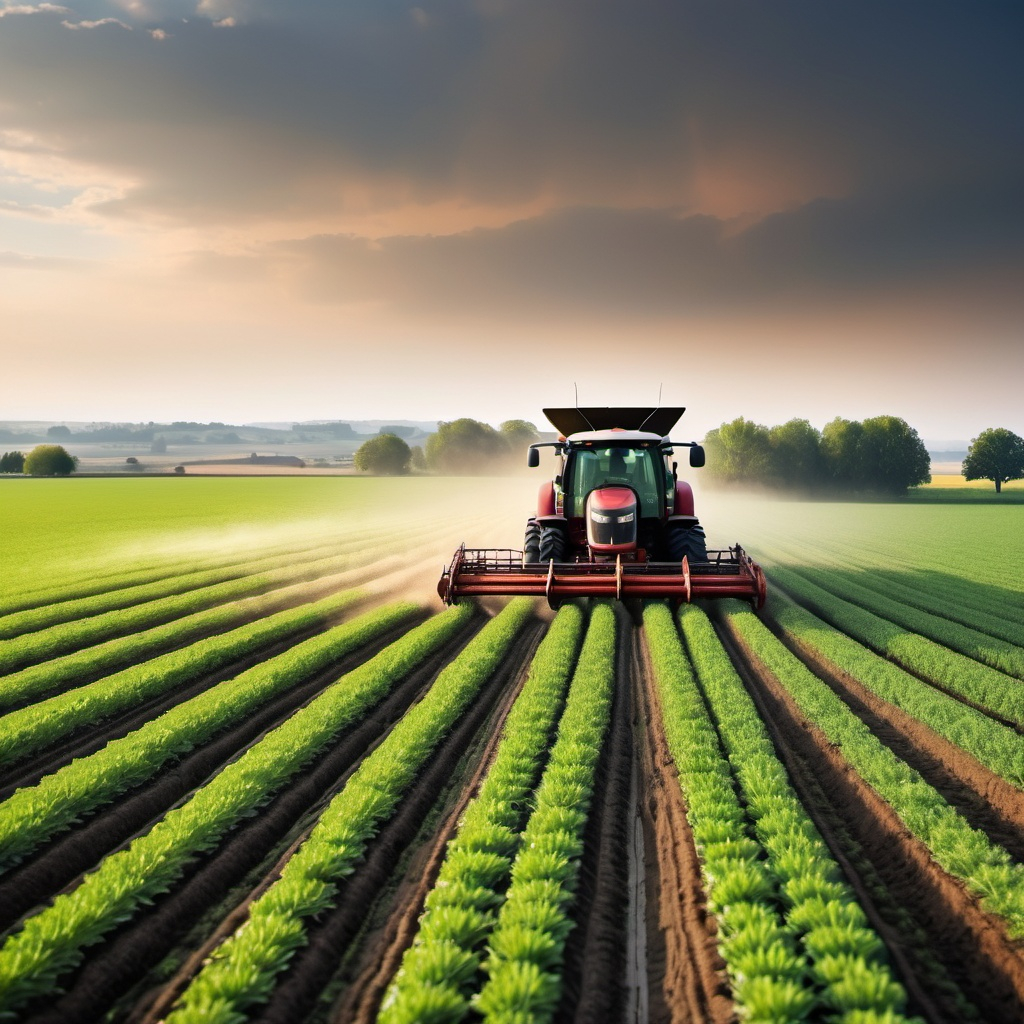
Agriculture today is vastly different from what it was just a few decades ago. With advancements in technology, climate concerns, and changing consumer demands, the farming landscape has undergone significant transformation. Farmers now rely on innovation to boost productivity while maintaining sustainability. This article delves into the current state of agriculture, exploring various aspects that define its practice in the modern era.
Technological Advancements in Agriculture
One of the most notable shifts in agriculture today is the use of technology. Modern farms incorporate everything from GPS-driven tractors to automated irrigation systems. Precision farming, which utilizes satellite imagery and data analytics, allows farmers to manage crops with greater accuracy, reducing waste and increasing yields. Drones and sensors are also increasingly employed to monitor crop health and soil conditions.
Sustainable Farming Practices
With growing concerns about climate change, sustainable agriculture has gained prominence. Farmers are now adopting techniques that focus on conserving natural resources, such as water and soil, while reducing carbon emissions. Practices like crop rotation, agroforestry, and organic farming are becoming more common as they promote biodiversity and reduce dependency on chemical inputs. Additionally, the rise of regenerative agriculture emphasizes restoring the health of the land to improve long-term productivity.
Climate Change and Its Impact
Agriculture is highly vulnerable to climate change. Erratic weather patterns, prolonged droughts, and extreme temperatures are affecting crop yields worldwide. Farmers are now tasked with adapting to these changes by utilizing resilient crop varieties, investing in climate-smart farming practices, and finding new ways to manage water resources. In many regions, especially those in developing countries, these challenges are even more pronounced, putting pressure on food security.
Rise of Vertical Farming and Urban Agriculture
Urbanization has led to the rise of alternative farming methods such as vertical farming and urban agriculture. Vertical farms grow crops in stacked layers within controlled environments, allowing for year-round production. These farms are often located in cities, reducing the need for long-distance transportation and contributing to food security in urban areas. Hydroponics and aquaponics, which allow crops to grow without soil, are also becoming popular in these systems.
The Role of Biotechnology
Biotechnology plays a crucial role in modern agriculture. Genetically modified organisms (GMOs) have been developed to resist pests, tolerate harsh weather conditions, and improve nutritional content. While there is ongoing debate around the use of GMOs, they have significantly contributed to higher yields and reduced losses due to pests and diseases. Additionally, CRISPR technology is emerging as a new tool for crop editing, enabling more precise changes to plant DNA to meet specific agricultural needs.
Market Trends and Consumer Preferences
Today’s consumers are more informed and conscious about the origin of their food. There is a growing demand for organic produce, plant-based foods, and products that promote animal welfare. This has led to an increase in niche markets, such as organic farming and sustainable livestock practices. Farmers and agribusinesses are also investing in supply chain transparency, ensuring that products are ethically sourced and produced.
Challenges Facing Modern Agriculture
Despite the advancements, modern agriculture faces significant challenges. Soil degradation, water scarcity, and the loss of arable land due to urban expansion are major issues. Additionally, the global population is expected to reach 9.7 billion by 2050, further straining the agricultural sector’s ability to produce enough food. Political instability, trade wars, and labor shortages also contribute to the growing complexities faced by farmers worldwide.